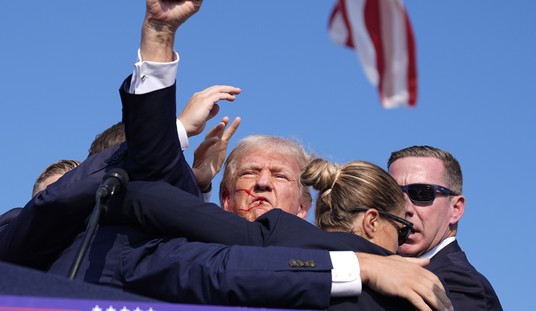It crept into the room unseen, the New Yorker writes in an article titled “The Death of Kings”; a silent presence which everyone knew was there. It grinned at them like a familiar and hailed them in the street and from behind the water cooler, though they dared not return the greeting. An account of its coming, as seen from the eyes of people in the financial industry, is introduced as follows.
Most people may now recall a moment of clarity, an inkling of doom. A private-equity executive the writer talked to said that he sensed the jig was up when his cleaning woman took out a subprime loan to buy a house in Virginia. A big-wheel hedge-fund manager had his epiphany at a Goldman Sachs hedge-fund conference during which he found himself questioning the rapid accumulation of dynastic wealth by the people in the room. The final sign, the big wheel felt, was the opening ceremony of the Beijing Olympics, which cost an estimated three hundred million dollars. A month later, Lehman Brothers collapsed. Some who foresaw the implosion underestimated its power and duration. Writer notes that the event does not yet have a name.
Perhaps it doesn’t have a name yet, but one day it will.
It is variously called the global financial meltdown, the financial crisis, the credit crisis, the recession, the great recession, the disaster, the panic, or the bust. This thing is all-pervading, evolving and ongoing, history-altering yet in many respects banal. … What’s most vexing is that those who saw trouble didn’t do more to stop it. The crisis is the culmination of events and trends reaching back, depending on your perspective, four, seven, seventeen, twenty-two, twenty-seven, thirty-eight, sixty-five, or a hundred and two years. The causes are technological, mathematical, cultural, demographic, financial, behavioral, legal and political.
Things often acquire an historical name only after its survivors see can see it in perspective. To those who actually fought it, and fell in it, the great conflict in Western Europe from 1914-1918 was called the Great War. “Before 1939, the European war of 1914–1918 was usually called either the World War or the Great War. … in Europe, Time magazine first used the term ‘World War I’ in its issue of June 12, 1939, when comparing the last war with the upcoming war.” Even the name World War itself, in reference to the Great War, was coined late in 1918, practically at its end.
The term was probably first used as a proper noun, with capital letters, near the end of the war when English journalist Charles A. Repington wrote:
Diary entry, September 10, 1918]: We discussed the right name of the war. I said the we called it now The War, but that this could not last. The Napoleonic War was The Great War. To call it The German War was too much flattery for the Boche. I suggested The World War as a shade better title, and finally we mutually agreed to call it The First World War in order to prevent the millennium folk from forgetting that the history of the world was the history of war.
Maybe the reason we haven’t found a name for the events which brought us to this point is that they’re still unfolding. The arrow is still in flight. No one can see its career completely. Not even the people who, from behind a mountain of debt, are declaring it over. The “Death of Kings” is a prequel, but to what or whom? Well who do you sense in the room now? What has your cleaning lady told you? And what is the equivalent of the Beijing Olympics opening?
Update: Check out L3’s commentary below.










Join the conversation as a VIP Member